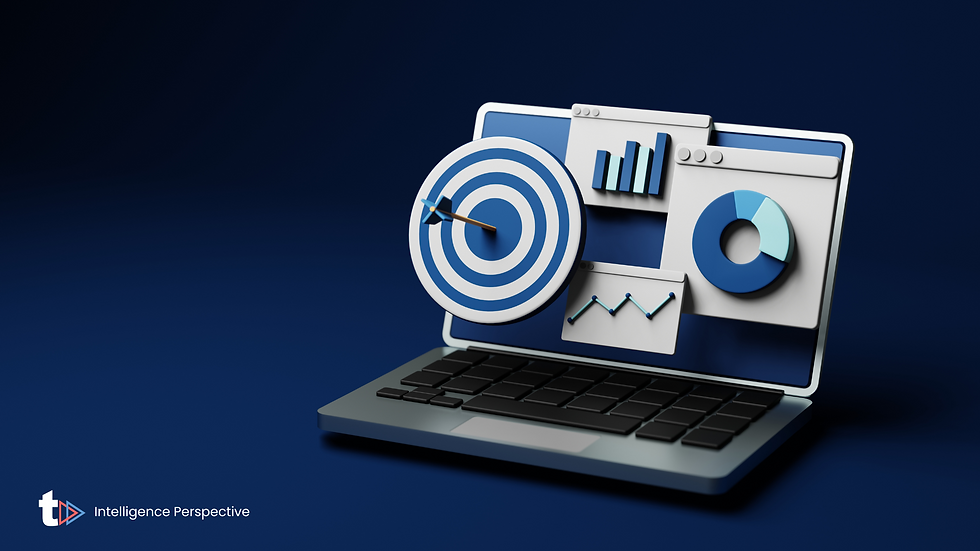The future of cognitive automation: Emerging trends and predictions
- Traxccel Marketing
- Nov 30, 2023
- 2 min read
Updated: Feb 17
Cognitive automation's rise, ethical imperatives, and human-centric innovation.

In the world of technological advancement, the most significant progress is being made in the field of cognitive automation. As businesses strive for efficiency and innovation, we find ourselves on the brink of a future that promises to transform how we work and interact with technology. Emerging trends and transformative predictions are set to redefine the very essence of our work and technological experience.
Unified Cognitive Automation Ecosystems
Businesses are currently experiencing the integration of various technologies into unified cognitive ecosystems. Artificial intelligence (AI), machine learning, and robotic process automation (RPA) are converging seamlessly, working together to orchestrate a digital symphony of intelligent processes. This integration optimizes workflows, enhancing efficiency, agility, and adaptability to tackle challenges that may arise.
Quantum Advances in Intelligent Automation
The unstoppable progress towards advanced intelligent automation has resulted in remarkable developments. Cognitive systems now can anticipate needs, learn from data, and optimize processes autonomously in real-time. This goes beyond just performing tasks and brings in a new era of exceptional productivity and innovation that goes beyond human capabilities.
Ethical Imperatives in AI
As cognitive automation becomes more prevalent in society, it becomes increasingly important to consider ethical implications. Businesses have a responsibility to navigate the ethical landscape of AI with integrity and responsibility. Transparent algorithms, strategies to mitigate bias, and strong privacy frameworks are crucial to ensure trust, fairness, and accountability. These measures help foster a society in which technology ethically serves humanity.
Human-Centric Design Paradigm
Businesses are adopting a human-centric design approach to prioritize the enhancement of user experience (UX) in cognitive automation. This approach focuses on developing intuitive interfaces and empathetic interactions that redefine the relationship between humans and machines. By delivering meaningful and enriching experiences, this shift transcends mere functionality and fosters a symbiotic bond that enhances productivity and well-being.
Agile Adaptation and Continuous Learning
Agility and adaptability are crucial in the constantly changing world of cognitive automation. Businesses need to develop a culture of continuous learning and agile adaptation, utilizing data-driven insights and predictive analytics to respond quickly to emerging opportunities and risks. This resilience drives innovation and ensures long-term success in an ever-changing environment.
As we stand at the forefront of cognitive automation's evolution, it's clear that the future holds limitless potential. By embracing emerging trends and transformative predictions, businesses can navigate the ever-changing landscape with confidence and foresight.


